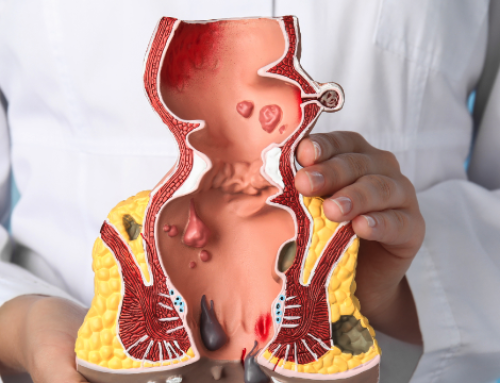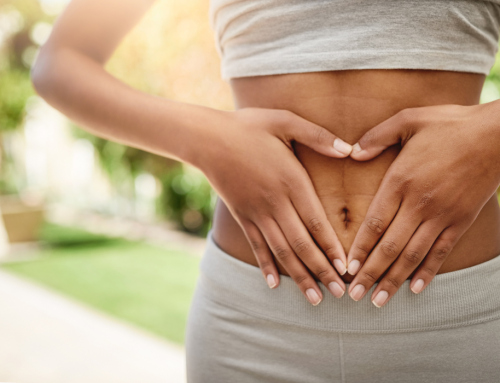Dr O’Connor recently spoke on In Focus with Cheryl Wills on Spectrum News NY1 about the long-term impact of delayed colonoscopies during the pandemic. Many people postponed screenings out of fear of COVID-19, and now, we’re seeing the consequences—more late-stage diagnoses, especially in younger adults.
Colonoscopy is the most effective way to detect and prevent colorectal cancer. Whether you’re scheduling your first screening or looking for guidance, this guide covers everything you need to know about preparing for your colonoscopy, managing side effects, and understanding your results.
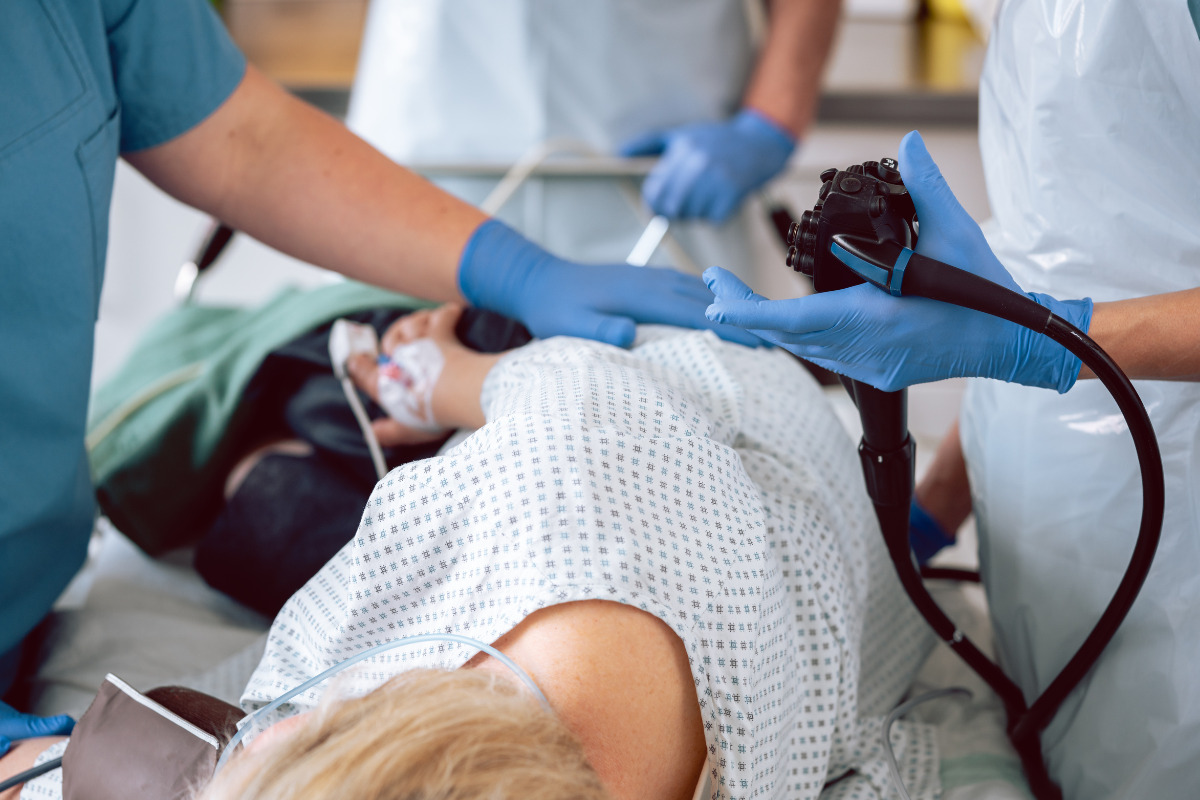
Preparing for a Colonoscopy: Do’s and Don’ts
Proper preparation is essential for a successful colonoscopy. The clearer your colon, the more accurate your results will be. Follow these do’s and don’ts to ensure a smooth process.
Do’s Before a Colonoscopy:
- Follow a low-fiber diet three days before your procedure to minimize residue in your colon.
- Stay hydrated by drinking plenty of clear fluids like water, broth, and electrolyte drinks.
- Take your colonoscopy prep kit exactly as instructed by your doctor.
Don’ts Before a Colonoscopy:
- Avoid high-fiber foods such as nuts, seeds, raw fruits, and whole grains for at least three days before your colonoscopy.
- Do not eat solid foods the day before the procedure—stick to clear liquids.
- Avoid red or purple liquids (including sports drinks and gelatin), as they can be mistaken for blood in your colon.
What to Do the Night Before a Colonoscopy
The night before your procedure, you will drink a bowel prep solution that cleans out your colon. This is often split into two doses—one in the evening and one in the morning.
- Expect frequent bowel movements within an hour or two after starting the prep.
- Many patients wonder, “Do you poop all night before a colonoscopy?” The answer depends on how your body responds. Some people finish within a few hours, while others may continue waking up to use the bathroom.
- To stay comfortable, use fragrance-free wipes and barrier cream to prevent irritation.
Colonoscopy Prep Kit: What You Need to Know
Your doctor will prescribe a colonoscopy prep kit, which may include a combination of:
- Laxatives (Dulcolax, Miralax, or others) to stimulate bowel movements
- Electrolyte solutions (Gatorade, Pedialyte) to stay hydrated
- Prescription bowel prep solutions (GoLYTELY, Suprep, or Clenpiq)
Alternative to Drinking Colonoscopy Prep: Some doctors offer pill-based options instead of liquid prep. Ask your provider if this is an option for you.
Colonoscopy Side Effects: What to Expect After Your Procedure
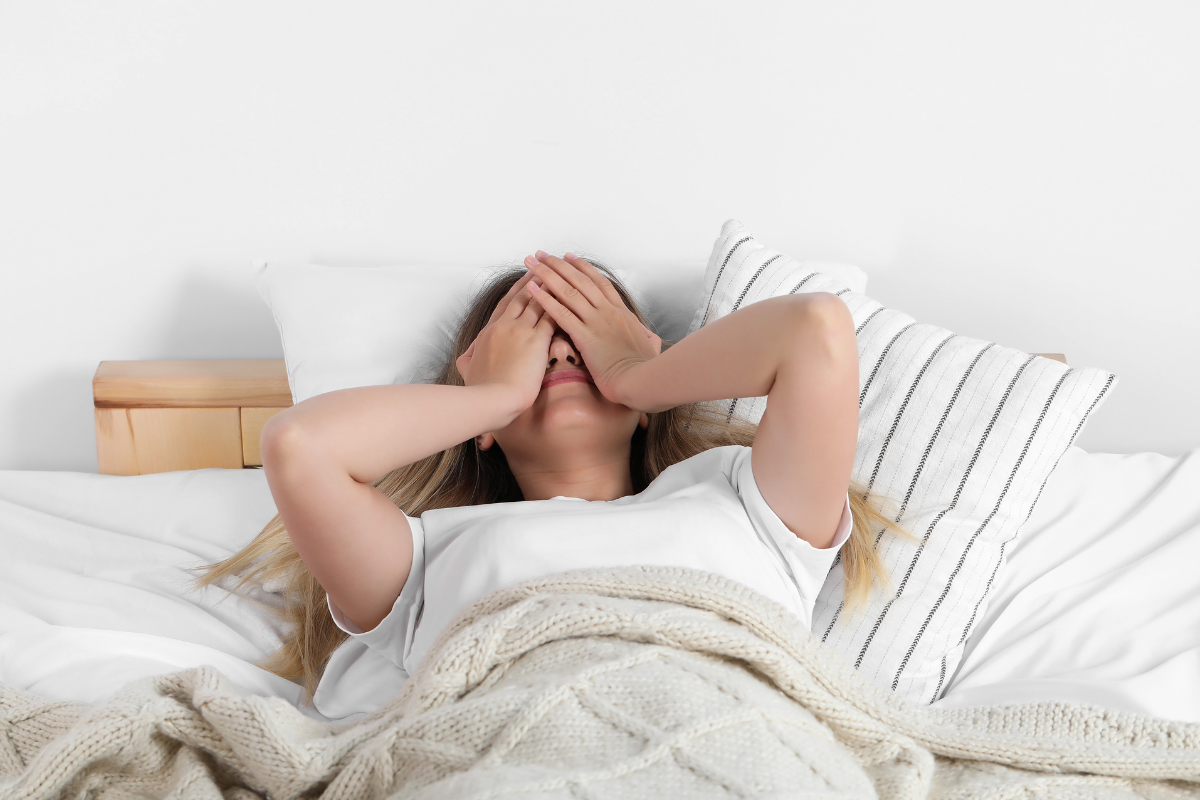
Common Short-Term Side Effects of a Colonoscopy
- Bloating and gas due to air introduced into the colon during the procedure
- Mild cramping that should resolve within a few hours
- Temporary chills or fatigue, especially from colonoscopy prep dehydration
- Changes in bowel habits, such as diarrhea or constipation for a day or two
Side Effects of Colonoscopy Prep & Sedation
- Vomiting with colonoscopy prep can happen, especially with strong laxatives. If this occurs, call your doctor—they may adjust your prep.
- Colonoscopy sedation side effects depend on the medication used. The most common sedative, propofol, can cause:
- Drowsiness and nausea
- Temporary confusion or grogginess
- Low blood pressure
While rare, long-term side effects of a colonoscopy are possible. If you experience severe pain, bleeding, or fever, contact your doctor immediately.
Understanding Your Colonoscopy Results
Are Colonoscopy Results Immediate?
Your doctor will often provide preliminary results right after the procedure, but if biopsies were taken, final results may take a few days to a week.
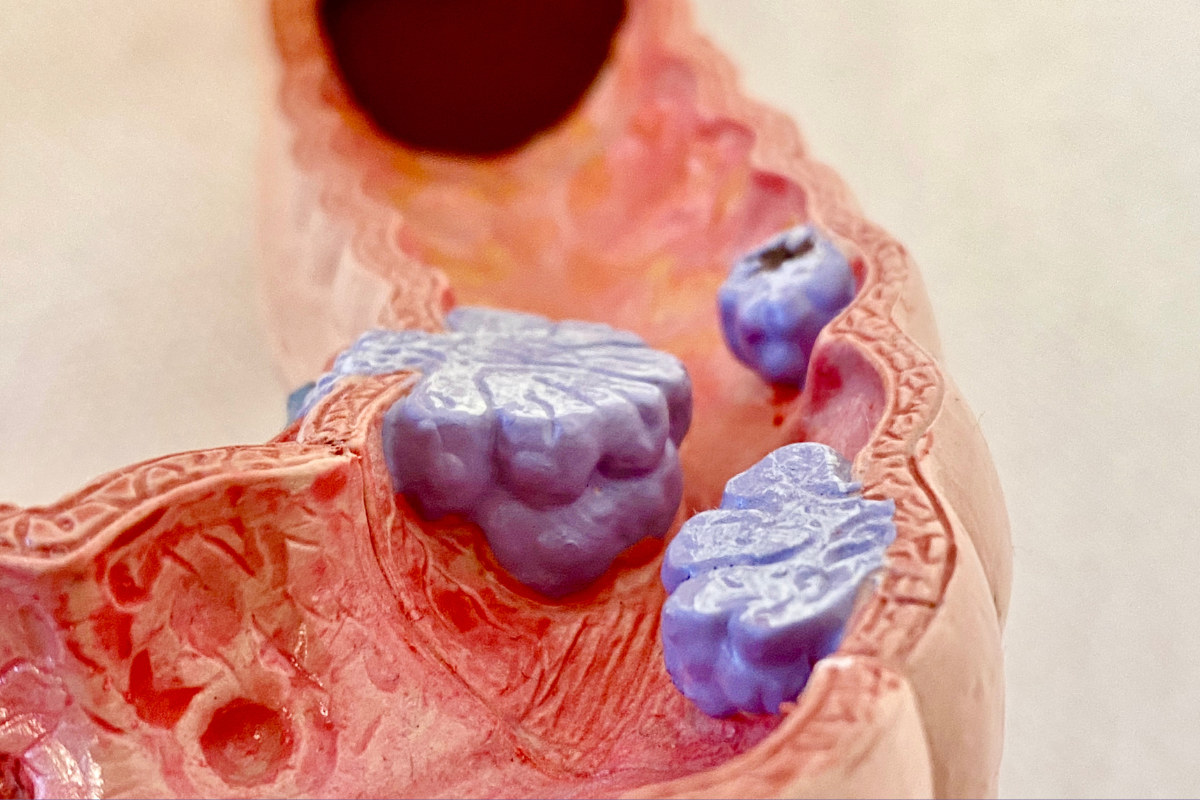
Possible Colonoscopy Results & Their Meaning
- Normal results: No polyps or abnormalities found—this is great news.
- Polyps detected: Most polyps are benign but may need removal to prevent cancer.
- Abnormal tissue: A biopsy may be done to rule out concerns.
- Diverticulosis or inflammation: These conditions may require lifestyle changes or treatment.
How to Read & Interpret Colonoscopy Results
Your doctor will discuss what your results mean and whether you need follow-up screenings or additional tests. If you don’t understand something, ask questions—your health matters.
When to Get Screened: Know the Signs, Know Your Risk
If you’re 45 or older, it’s time to schedule your first colonoscopy—even if you feel perfectly healthy. The same goes if you have a family history of colorectal cancer or a personal history of polyps.
But age and genetics aren’t the only reasons to get checked. Don’t ignore these possible warning signs:
- Ongoing abdominal pain or cramping
- Unexplained weight loss
- Changes in bowel habits (such as diarrhea, constipation, or narrower stools)
- Rectal bleeding or blood in the stool
Fatigue or weakness without a clear cause
These symptoms don’t always mean cancer—but they do mean you need to talk to your doctor.
Early detection makes a difference. Screening can find and remove polyps before they turn into cancer, and it can catch cancer at an earlier, more treatable stage.
Why Screening Matters
In my recent interview, I discussed how delayed colonoscopies due to COVID-19 have led to more advanced colorectal cancer diagnoses. Many people postponed screenings, and we are now seeing the consequences—especially in younger adults.
Here’s what I want you to know:
● Screening saves lives – If you’re 45+ (or have a family history), do not delay your colonoscopy.
● Younger adults are at risk – More people under 50 are being diagnosed with late-stage colorectal cancer.
● It’s safe to come back – We know more now than ever before, and screenings are widely available.
Colorectal cancer is preventable and treatable when caught early. If you missed your screening during the pandemic, now is the time to catch up.
Take Action: Schedule Your Colonoscopy Today
Colonoscopy is the most effective way to detect and prevent colorectal cancer. If you’re 45 or older—or have a family history of colon cancer—schedule your screening today.
A little preparation now could save your life. If you have any questions, talk to your doctor or reach out to a colorectal specialist. Your health is worth it!



